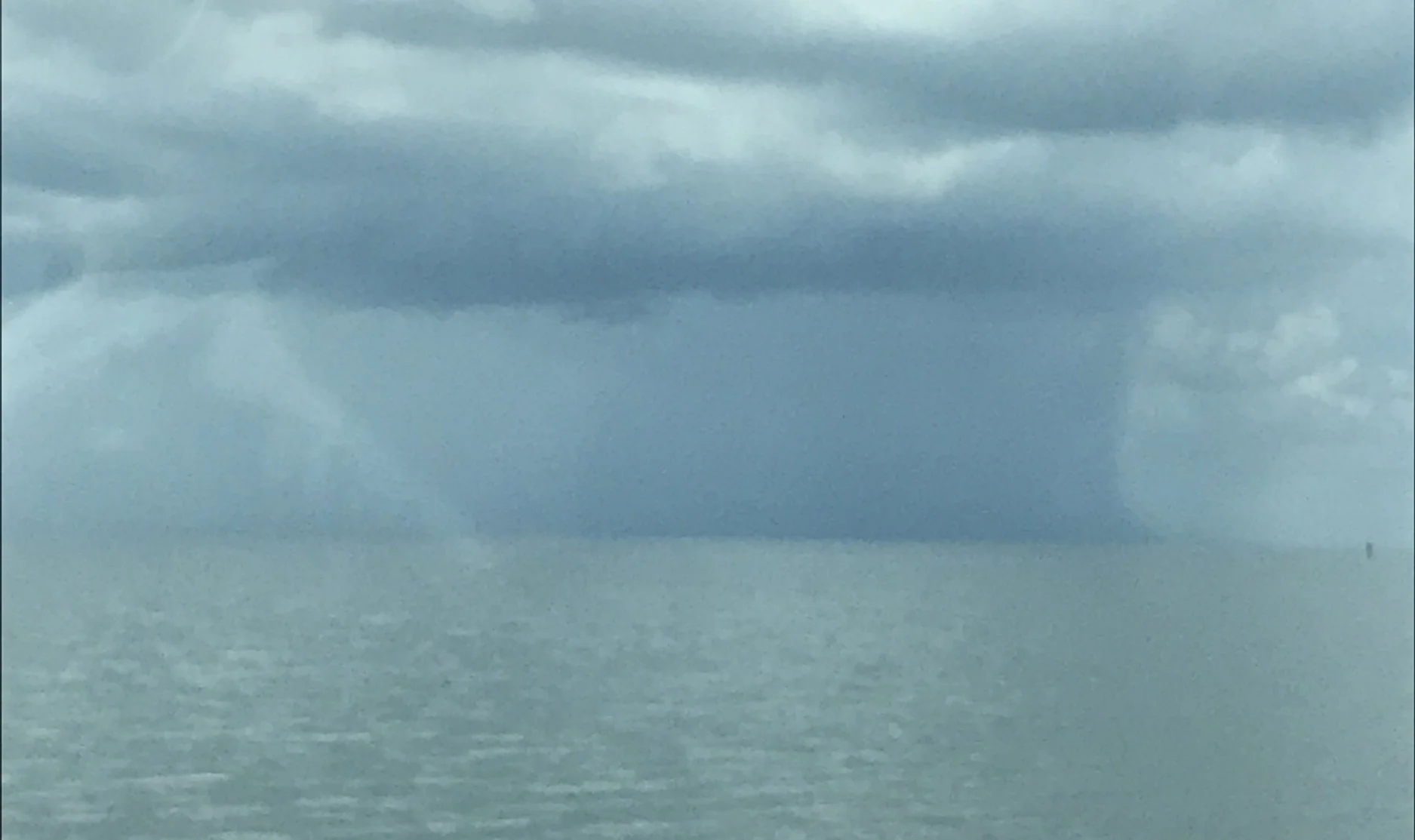Let's Not Romanticize the SOB
Addiction is a SOB. There are no two ways about it. It destroys enjoyment of life; it destroys families; it destroys lives. Addiction effects almost 20% of the US population and is the force behind the five leading causes of death. And after decades of vigorous attempts, we haven’t been able to deploy widely a good reliable treatment that works in the vast majority of cases. There’s just no other way to look at it, addiction is a SOB. So why do so many of us romanticize it?
I hear lots of people in recovery say things like, “I’m so grateful for this disease. Without it I’d have never have found a spiritual way of life.” Sorry, not true. What would be more accurate is that they are grateful for the consequences that brought them to the openness required for a spiritual way of life. Having the disease, one effect of which is to shut us off from the spiritual, means there is no other way to that life. Plenty of people without addiction find a spiritual way of life. There are a lot better ways to find God than having addiction and ruining your health and family in the process. If addiction went away tomorrow and the need for recovery with it, the world would be more spiritual, not less.
It’s not just people in recovery that romanticize addiction. People without addiction do it too. I hear it all the time in seminars and government meetings. “Addiction is an insidious, poorly understood, hard to treat process, that invades the fabric of our society,” or words to that effect. It reminds me of the late 80’s when I was in the Navy, and everyone thought the Soviets were 10 feet tall. Turns out they weren’t, same thing here. Addiction isn’t all that. It’s just a brain disease. Period. It isn’t an affliction of the soul, a damning influence, and insidious process, a social misalignment, or any other intellectual label you want to put on it. It’s just a disease, and, like any other disease, we can get rid of it.
So why don’t we? Well, we love it. We don’t really want to get rid of it.
Frankly addiction is a great thing to have around when you don’t want to look at yourself. When you don’t want to look at the poverty in your society and what the real core cause is, you can pull out addiction as an explanation. When you don’t want to look at how people who are externally different are getting along, or not getting along, you can trot out addiction to explain things for you. When you want to keep industries going that cause health problems rather than reform them into something healthful, you can explain things away with addiction. But you can only do these things if you keep it around, and for that it has to be a romanticized, mysterious entity that will always be here. Bullshit.
Let’s not romanticize the SOB. We have today the knowledge to rid ourselves of this disease. I don’t mean we could treat a patient to wellness, though we can do that. I mean we can eradicate the disease. We can take it off the face of the earth. We can make it as relevant to us as is smallpox, polio, or bubonic plague. These things were all once killers of great magnitude, mysterious forces that drove human history. Then we understood their cause, demystified them, and got rid of them. We can do the same thing with addiction. It’s just a disease; it’s time to get rid of it.



